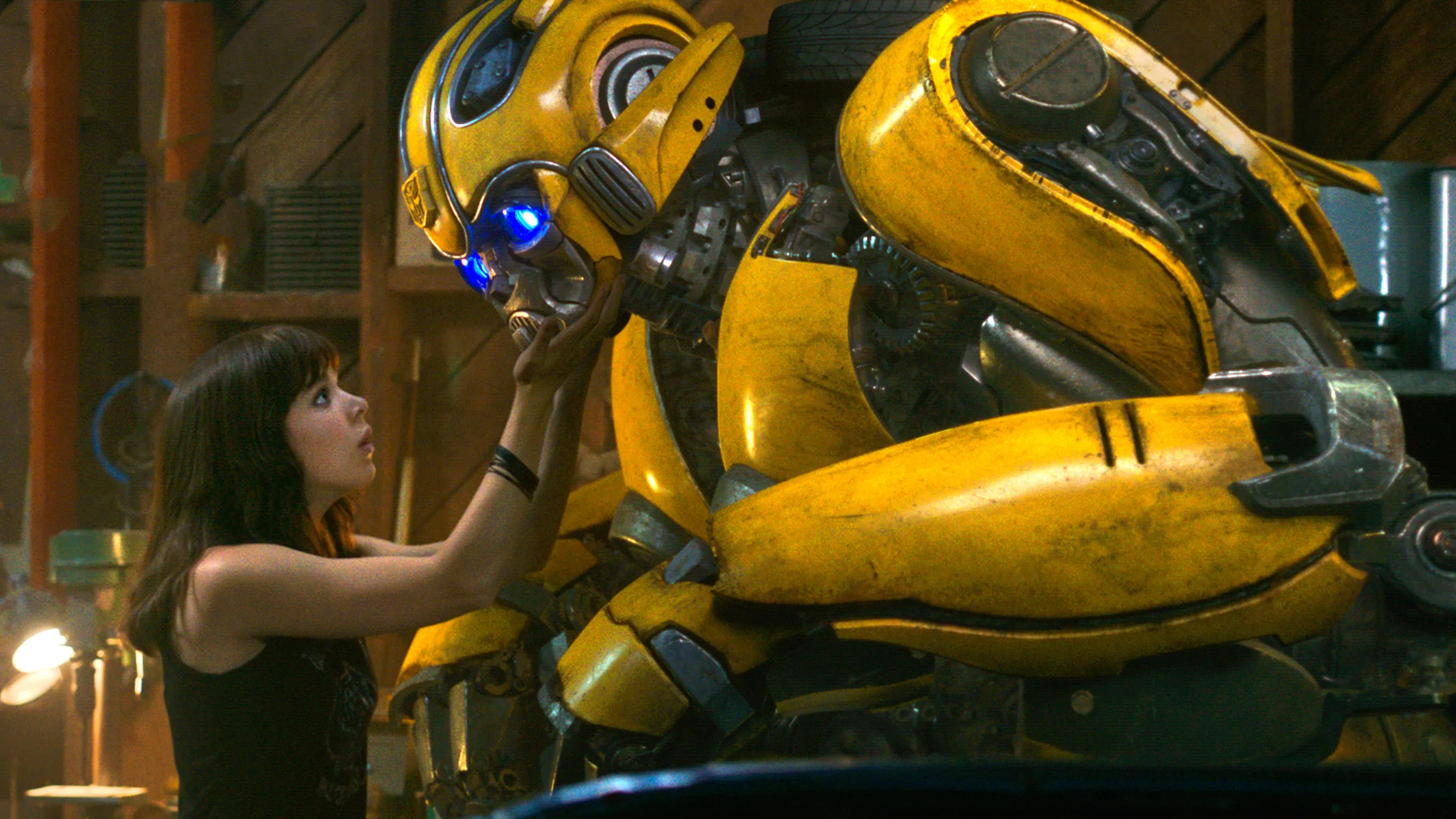“Bumblebee” is the 80s film I was not expecting, the 80s film I didn’t think I needed, but the 80s film I really did end up needing at the end of 2018. The newest installment in the “Transformers” franchise, the flick marks the series’ first true spin-off and prequel film. Director Travis Knight (“Kubo and the Two Strings”) previously stated that he wanted the film to be a character-driven film, and he certainly delivered. However, what I wasn’t expecting (and haven’t heard enough about!) is the nostalgia that simply brings this film to life.
One does not have to watch a single Transformers film in the franchise to enjoy — nay, love — this film. In fact, it may even enhance your appreciation for the film as an 80s period piece more than a science fiction film (although an enjoyment of the franchise definitely won’t impede comprehension of the film). I hesitate to compare it to simply one film or a mashup of films — you’ll just have to watch it for yourself.
Upon its original announcements, many likened the film’s advertising to the numerous “The Shape of Water” jokes at the time — that is, the friendship-slash-romance between a woman and a not-quite-human (yet anthropomorphic) creature. Thankfully, “Bumblebee” manages to escape this undeniably humorous but uncomfortable comparison by delivering a heartfelt story between a teenager and her unlikely friend, the autobot Bumblebee, with whom she forms an inseparable bond (by the way, Steinfeld can play teenagers in as many films as she very well pleases — truly no complaints here).
While the fight sequences aren’t as extreme as previous “Transformers” installments, they give way for a far more delightful wave of new-wave 80s nostalgia. While the film isn’t completely filled with 80s hits (the film is, in fact, stuffed with contemporary pop and EDM tunes but also enough rock songs that contemporary elements simply dissolve into the visuals). The film puts us right in 1987 — and recognizable (arguably basic, but hey, who cares?) classics like “Everybody Wants to Rule the World,” “It Takes Two” and “Take On Me.” A song well-paired with a sweeping tracking shot is like a dinner paired well with wine — you’d better enjoy them together.
Once “Bumblebee” made me cringe did I realize how much I loved it. Every second of Steinfeld’s performance as she uncomfortably encounters the hot, popular kids is just a gleeful dip into 80s nostalgia. There’s a certain kind of intangible joy from something like this — petty good versus evil isn’t complete without a retro vibe (why do we like “Mean Girls” and “Heathers” so much?). Even franchises like “Archie” and now, The CW’s “Riverdale” (take a look at the marketing for that series), allow the viewer to hold the ephemerality of the 80s in the palm of one’s hand — I never lived through the 80s, and I thankfully never had to deal with that level of petty teen face-off, but I now I really get to “experience” it. All the fun and none of the pain or discomfort.
Steinfeld is the likable dork, the relatable and clueless outsider (the bangs are something) amidst a world filled with unforgiving, ignorant parents and popular kids at school, both of whom torment her. Every brightly popping color and 80s reference filled me with throwback teenage angst and a desperate need to return to being a dorky and messy but occasionally likable geek and outsider (maybe I haven’t changed that much!) with a soft spot for loyalty and the simple desire to be noticed and loved by those around her. It evokes a feeling so palpable in the theater — a certain something that invigorates a childlike joy and appreciation for living. For me, “Bumblebee” today is another’s One Direction, Ariana Grande or Taylor Swift concert five to seven years ago (or even today).
So when the end credits roll, and Steinfeld croons (check out her singing live!) in the 80s synth-inspired song used to promote the film, “Back to Life,” it’s somehow just the perfect song to tie it all up in a neat little bow. Gone is the gritty age of the “Transformers” franchise — make way for a fresh era of feel-good films. Don’t you dare blame yourself for enjoying them.
Contact Olivia Popp at oliviapopp ‘at’ stanford.edu.
